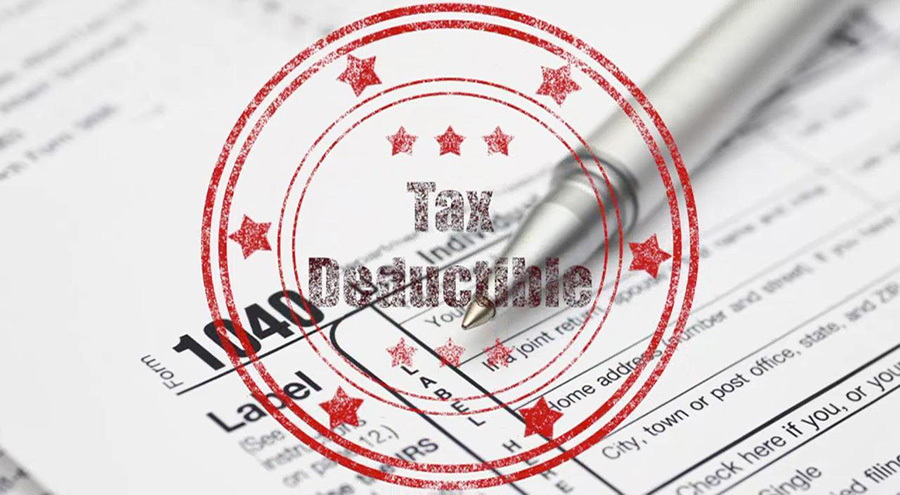Summary
The global economic impact of COVID-19 has been the overwhelming influence on the Budget handed down tonight. This is a big spending Budget, the biggest Australia has seen, focused on providing immediate stimulus to the economy but also laying the foundations for a future Australia, shaped by the lessons of the last nine months.
Most relevant to health and medical research are the following key announcements:
-
- Last year’s forecast budget spending on health for 2020-21 was $82.5 billion. This forecast has been revised up to $115.5 billion, as we begin to see just how much COVID-19 is driving up healthcare costs. In the coming months and years, Australians will look to health and medical research and innovation to deliver more effective treatments and more efficient pathways of care to curtail these costs. Research Australia will continue to work with Government to ensure support for the crucial role all parts of the health and medical research pipeline have to play in delivering better, more sustainable care.
-
- An extra $1 billion this financial year through the Research Support Program for our university researchers will be critical to maintaining Australia’s national health and medical research capability. More than half of all Australian health and medical research in Australia is undertaken in the higher education sector. It is clear that Australia can no longer rely so heavily on international student fees to subsidise research. In the long term, we need to look at effective partnerships between higher education, government, industry and philanthropy. The commitment in this Budget to supporting university research jobs is a welcome interim step towards establishing a more sustainable higher education sector.
-
- The Government will restore an additional $2 billion over 4 years through the Research and Development Tax Incentive to help innovative businesses that invest in research and development. It is doing this by reversing some of the changes to the R&DTI legislation that are currently before the Senate.
-
- The budgets for the NHMRC and MRFF remain virtually unchanged. At the same time, researchers are dealing with extra costs to their funded project due to the delays and disruptions caused by COVID-19. While the universities benefit from the one-off increase in the Research Support Program, there is no similar support for researchers in Medical Research Institutes. Research Australia remains concerned that NHMRC funding has not increased over the forward estimates to keep pace with inflation, with the net effect that NHMRC funding continues to decline in real terms.
Broader Context:
One of the key lessons from the COVID-19 pandemic is that we have become overly reliant on global supply chains for vital materials. This is driving a new focus on manufacturing and there are new roadmaps being developed which will, hopefully, join the dots between research, product development and manufacturing more successfully than has been done in the past. $1.3 billion over five years from 2020-21 will establish the Modern Manufacturing Initiative to: support manufacturing projects focused on building long-term business collaboration at scale; translating research into commercial outcomes and bringing new products to market; and integrating local firms to deliver products and services into global value chains. New roadmaps to guide the Modern Manufacturing Strategy are due in time for the 2021 Budget, in six months’ time, including for medical products.
Manufacturing accounts for around 6% of Australia’s economic output but is responsible for a quarter of all industry spending on R&D. However, Australia’s business spending on R&D is low by world standards. If Australia is to achieve the objectives of the Modern Manufacturing Strategy this will have to change, and we have to better connect business with Australia’s powerhouses of research, our universities and medical research institutes.
The Government has made several attempts to reform the R&D Tax Incentive in recent years, and tonight’s Budget is no exception. The R&DTI is critical to increasing business expenditure on R&D in Australia, and thus to the Modern Manufacturing Strategy. The Government is reversing several of the measures which are currently sitting before the Senate. For small business, the $4 million cap goes, and the rate is fixed at 18.5% above the company tax rate. For large companies the number of tiers in the intensity threshold will be reduced to two, with the RDTI paid at a rate 8.5% and 18.5% above the company’s tax rate for tiers one and two respectively. This is expected to increase the amount of R&DTI paid to industry by $2 billion over the forward estimates, compared to the amounts that would have been paid if the legislation had been amended in accordance with the Government’s previous plan.









